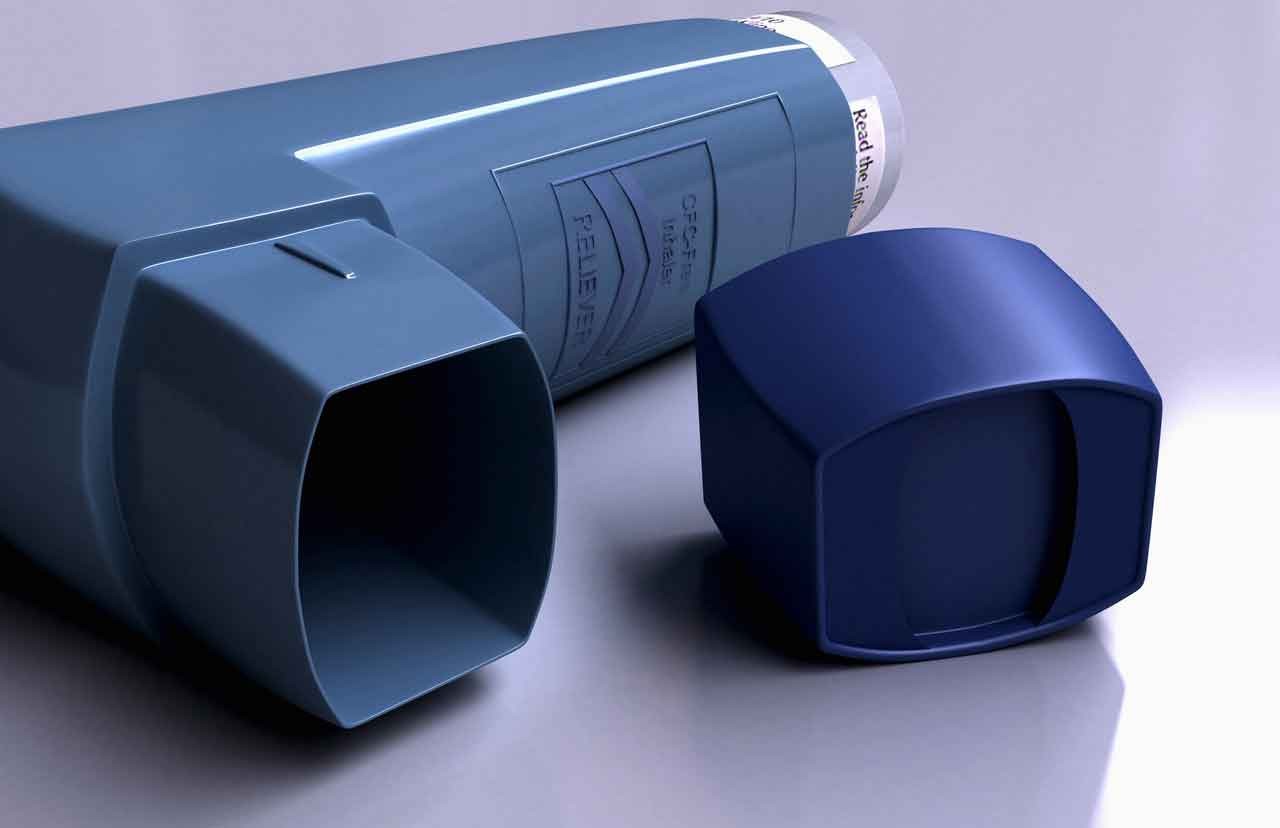Patients with COPD Have a Higher Risk of Heart Disease

This lung disease places a greater burden on your heart, increasing your vulnerability to a heart attack.
If you have chronic obstructive pulmonary disease (COPD) you pay a lot of attention to your lungs and the way you’re breathing day to day.
But you should be just as vigilant about your heart. Several studies have established a link between COPD and cardiovascular disease. One study even found that even mild cases of COPD can weaken heart function. It’s also associated with diabetes, kidney problems, osteoporosis, depression and anxiety, and cognitive problems.
The connection is logical because your heart and lungs work as a system to oxygenate your body’s tissues and remove the metabolic waste product, carbon dioxide. When you breathe in, oxygen enters the blood via your lungs.
The oxygenated blood enters the left side of your heart through veins that connect it with the lungs. As your blood is pumped throughout your body, the tissues deoxygenate the blood. Your blood then returns to your lungs and you exhale the carbon dioxide.
When you have COPD, the oxygen level in your lungs is lower, which in turn causes your pulmonary arteries to constrict. The normally low pressure in your arteries rises, increasing your risk of a condition called secondary pulmonary hypertension.
Over time, repeated cycles of this condition thicken and enlarge the part of your heart that pushes the blood back into the lungs, weakening your heart’s ability to pump blood. At a certain point, that damage can cause heart failure.
If you have COPD, you are even more susceptible to heart failure after an exacerbation, a flare-up of COPD symptoms that can be caused by a viral or bacterial infection or air pollution.
“In patients with mild-to-moderate COPD, the leading cause of (illness) and (death) is cardiovascular disease,” said Don D. Sin, MD, in the journal CHEST.
Studies have confirmed, he adds, that “on average patients with COPD have two to three times the risks of hospitalization for cardiovascular conditions (including ischemic heart disease, stroke, and heart failure) compared to those patients without COPD.”
In another CHEST commentary the authors note that in cardiac patients it is “likely that proper treatment of concomitant COPD could improve the outcome.” Likewise, they say, it is “likely” that treatment of cardiovascular disease in patients with COPD “might improve their outcome.”
Because studies have found that having COPD increases your risk of heart disease, medical experts at the European Respiratory Society's Annual Congress recommended that you be routinely screened for heart disease if you have COPD.
A study also called for “greater collaboration” between pulmonologists and cardiologists to better “identify and manage concurrent heart failure and COPD.” The resulting symptomatic and prognostic benefits outweigh those attainable by treating either condition alone, the authors said.
You can help yourself if you stop smoking, which is critical to slowing the damage to you heart and lungs.
As in so many walks of life, exercising can improve your health as well as strengthen your heart. The severity of your COPD and your doctor’s advice will determine how much exercise you can handle.
In any case, you should always try to breathe slowly. Your doctor might suggest pursed-lip breathing, a technique that can get needed oxygen into your system more quickly without making you winded.
You should also remember to exercise outdoors when the weather isn’t extreme, meaning not too cold, too hot, or too humid. Any of those conditions can cause you to become tired more quickly.
Always pay close attention to how you feel. Pain is your body telling you that whatever you’re doing is too much. Don’t ignore it.
Always talk to your doctor about pulmonary rehabilitation to help you exercise more often and with more vigor. Respiratory therapists run rehabilitation programs out of most hospitals or in clinics. Make sure you get a referral from your doctor before you begin any rehab program.
Having a healthy diet is always a great way to fight heart disease, even when you have the increased risk from COPD. The American Heart Association has clear guidelines you can follow.
Beyond what you can do for yourself, your doctor may prescribe beta-blockers, which are commonly used for patients with heart problems. There is somewhat of a quandary in your using beta-blockers because doctors are concerned they may weaken your breathing even further, but certain ones target the blood vessels rather than the lungs.
Your pulmonary specialist will discuss drug options with you, and may consult with a cardiologist to ensure that any drugs prescribed will help your heart without worsening your COPD.
RELATED TOPIC: How COPD Damages Your Lungs
Updated:
October 15, 2015
Reviewed By:
Christopher Nystuen, MD, MBA